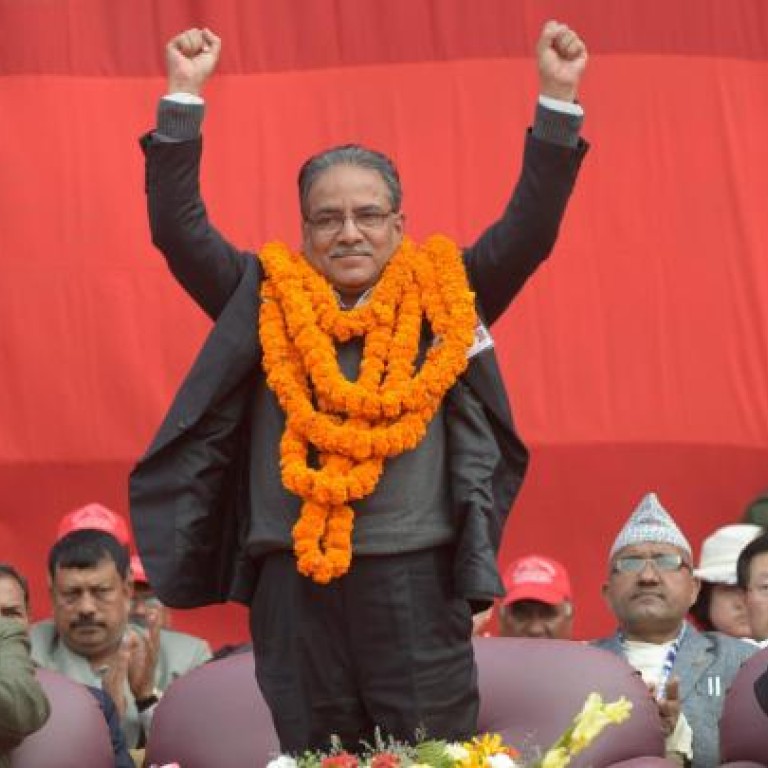
Nepal's Maoists say they will never return to guerrilla war
Party leaders say they will relinquish leadership to an independent and elected prime minister
Nepal's Maoists vowed yesterday never to return to guerrilla warfare and offered to give up leadership to an independent prime minister to take the Himalayan nation towards democracy.
Party leaders said at their general convention they would step down from government to seek a popular mandate to lead a "socialist revolution", six years after a decade-long insurgency that toppled the world's last Hindu monarchy.
"Let's agree on an independent person who will lead the government. And we will endorse this concept of a government led by an independent person to hold the election through this convention," party chairman Pushpa Kamal Dahal said.
About 3,000 delegates and 100,000 supporters at the party's first general convention in 21 years in the southern town of Hetauda were greeted by a rousing opening address from Dahal, still known by his nom-de-guerre Prachanda.
"We were forced to launch the insurgency after adopting Marxism as a guiding principle. But we don't follow any ideology in its mechanical form. It's a science and it can be adapted," Prachanda said.
"We will institutionalise the gains we have made so far. We will not go back to the guerrilla warfare. In this age of globalisation, a country's independence hinges on its economic strength. Times have changed and old ways have become redundant."
He called for a "socialist revolution" to promote economic growth and create jobs at home so that young Nepalis were no longer forced to go abroad.
Party leaders who swept to power in 2008 elections after a peace deal are using the convention to shore up grass-roots support amid growing disillusionment among the ex-fighters.
"The biggest challenge we face is how to manage the former combatants, especially those injured during the war," said Uttam Basnet, 49, a regional leader in eastern Nepal. "The former fighters spent the most productive years of their lives fighting the war. There are issues such as reintegrating them into the society they left to fight the war. We need a sustainable solution, not some temporary package."
An estimated 16,000 people died in the 1996-2006 conflict fought by the Maoists against the monarchy, which was deposed when the rebels turned to mainstream politics and took power in elections.
Infighting, including a split in the party last year, has confounded efforts to draw up a post-conflict constitution spelling out how Nepal should be run as a modern, democratic republic.
An interim assembly elected for the task was dissolved in May last year and fresh elections promised for November were shelved, with a new target of polls by May this year looking equally shaky.
The Maoists now lead Nepal as the major partner in a fragile caretaker coalition that is carrying out the most essential tasks of government but has no popular mandate to make fundamental policy decisions.
